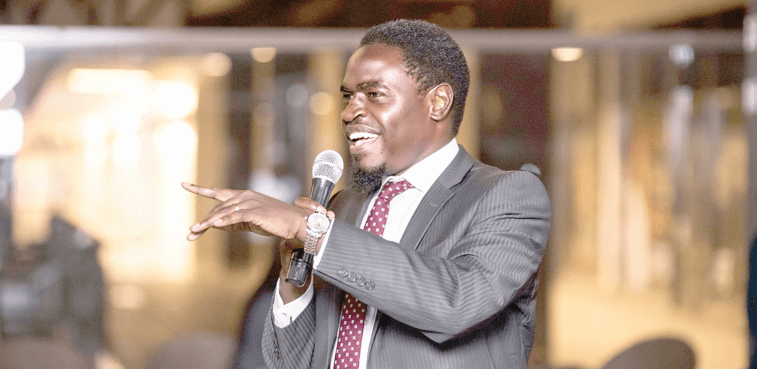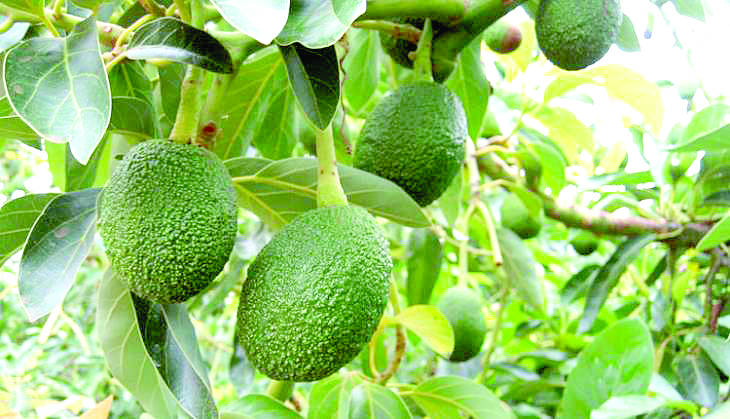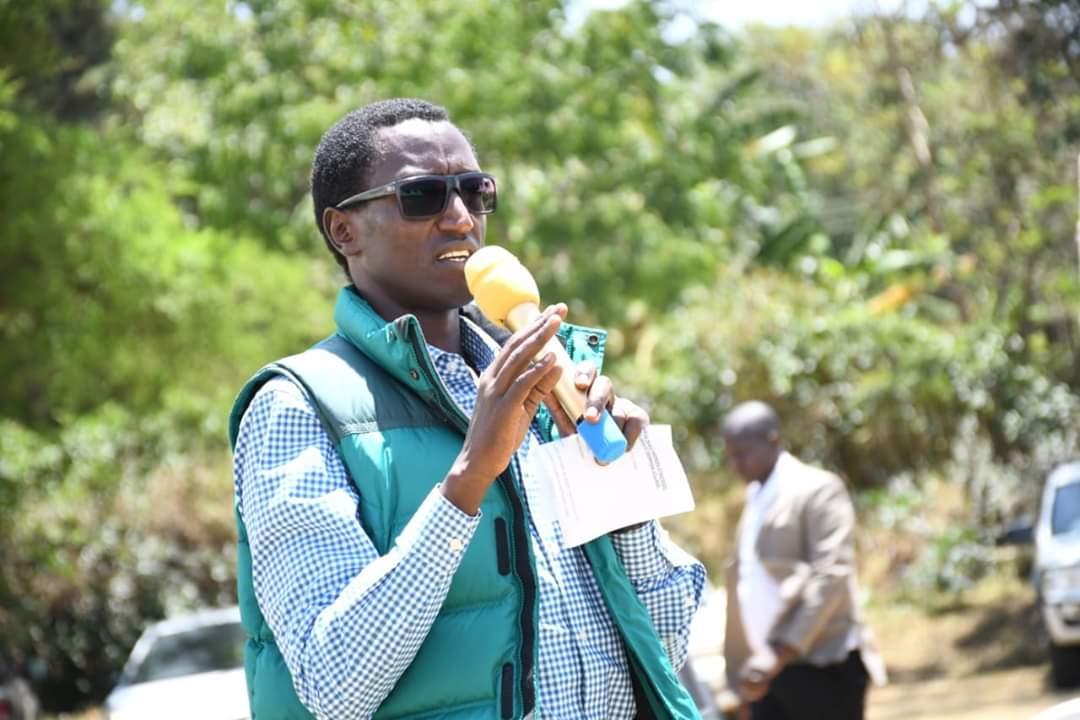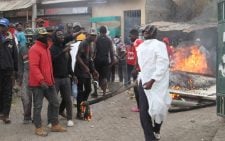Economist Ogolla warns counties cannot rely on Madaraka Day to see real developments
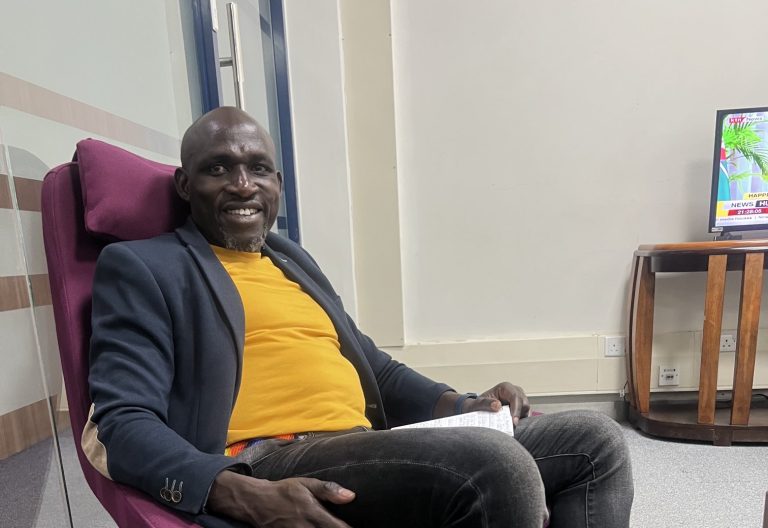
Economist Fred Ogolla has expressed serious concerns about the development trajectory across Kenya’s counties, pointing out that much of the progress observed comes in spurts tied to national celebrations like Madaraka Day rather than through continuous and well-planned efforts.
Speaking during an interview with a local TV station on Sunday, June 1, 2025, Ogolla said that this approach creates a cycle where certain counties receive attention and resources only once a year, leaving many residents without meaningful improvements for extended periods.
According to him, even if celebrations such as Madaraka Day provide opportunities for launching projects, they should not be mistaken for a sustainable development strategy.
“If Madaraka Day marks the occasion when a leader only commissions a road, it means the other 47 counties must wait for decades to witness their development. And that is the reason why I disagree. And now we have 47 counties; does it mean that some counties will again wait for 47 years before they can see real developments,” Ogolla said.
He emphasised that genuine development entails far more than flashy, showpiece projects hastily rolled out to align with national celebrations.
Using Homa Bay as his point of reference, he argued that the county’s most pressing need is meaningful economic empowerment through steady income generation, rather than last-minute, rushed interventions brought in purely because of the Madaraka Day event happening there.
“What Homa Bay truly needs is income generation. Without consistent and sustainable income streams, any infrastructure project remains shallow and cosmetic. Someone who was born 47 years ago is only now witnessing development for the very first time, and that is deeply troubling. That is not how development should work. What Homa Bay urgently needs is income—mapato—because without it, everything else is just spinning wheels with no traction,” he explained, pointing out that roads and other symbolic gestures do not automatically lead to better lives for the people.

Ogolla went on to claim that the flurry of construction machines and road equipment brought into the Gladys Wanga-led county in droves, seemingly for the occasion, will be quietly carted away just hours after the ceremony concludes.
He asserted that the county should not assume it has truly benefitted, as within days of the event, all the pomp and grandeur will disappear, the leaders will depart, and the county will slip back into its usual quiet and dormant state.
“After tomorrow, those roads will be nowhere. The road graders will vanish. Homa Bay will return to silence. Homa Bay wakes up late and sleeps early because there is insecurity,” he remarked.
Idle Kenyans
Ogolla also turned his attention to viral images that showed how Kenyans flocked to the Raila Odinga Stadium for the Madaraka Day celebrations on the night of Saturday, May 31, 2025, stating that the overwhelming turnout reflects a much deeper societal issue.
He said such attendance, in his view, signals widespread idleness among Kenyans, as many do not have meaningful or gainful work to occupy their time—and insisted that the turnout should not be misinterpreted as patriotism or genuine support for the day’s events.
“If you see people who are so eager to watch something they will watch again, then it points to a societal problem—people are idle, they are unemployed, there is no national clarity or direction. Back in the day, during our independence, we never dreamt of attending Madaraka Day just to sit and listen to speeches,” he noted.
Ogolla further lamented that many citizens appear to lack a sense of personal direction and should instead seek out activities that can earn them an income and allow them to support their families meaningfully, instead of going to watch Madaraka Day.
According to him, even if President Ruto were to hand out financial tokens at the end of the event, it may not be enough to meaningfully improve people’s lives, and worse still, the crowd might end up receiving nothing at all.
“When someone can stay in a stadium from 4pm yesterday all the way into this evening—that is over 24 hours—one must ask: when you finally go home, what will you take to your children? Perhaps some are hoping to see what the president might give, but even then…,” he added, trailing off.



